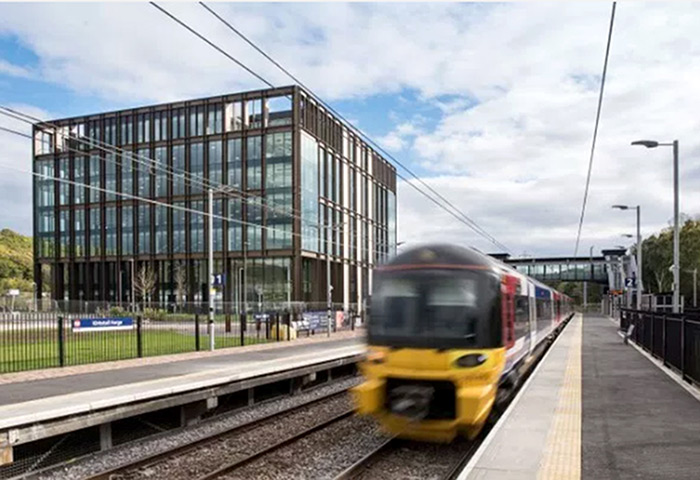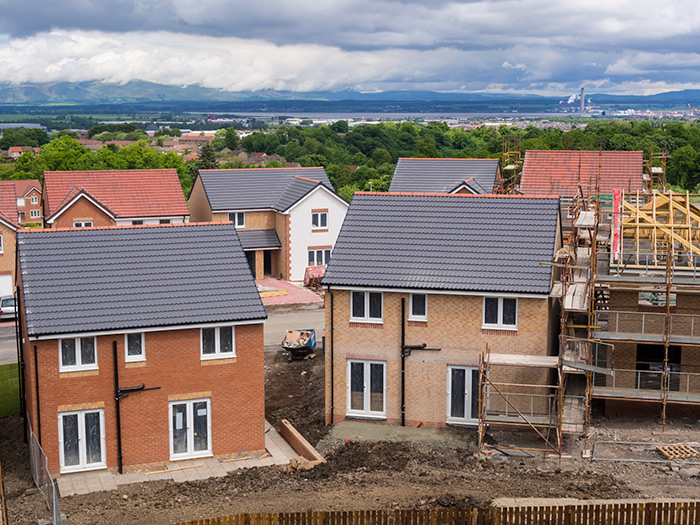The dire state of the UK’s transport infrastructure is contributing to the housing crisis, according to a new report published today (17 July 2018), by the RIBA . Joining the Dots: a new approach to tackling the UK’s infrastructure challenges, makes the case for addressing the UK’s transport issues as part of the solution to the housing crisis. Alongside the report, the RIBA commissioned ComRes to survey public opinion on transport infrastructure and housing.

The RIBA report concludes that the UK’s transport infrastructure problems go beyond a simple lack of investment and are systemic. Opportunities to maximise the return of investment in transport, for example by encouraging the delivery of high quality new housing alongside transport to meet local needs, are missed because there are no common guidelines or holistic view. Infrastructure is dealt with by central Government and favours a flawed analytical system that fails to respond to local circumstances.
ComRes/RIBA survey results suggest there is a perceived lack of political power and resources in the English regions due to this centralised decision-making process and that it is fuelling local discontent. Residents in Yorkshire and the North West of England, for example, are less than half as likely as residents in London to believe their area receives a fair amount of transport funding (16% and 19% respectively agree with this sentiment, compared to 41% in London).

The ComRes/RIBA research showed that local and regional, not national politicians, are seen by the public as best placed to tackle the major infrastructure and housing challenges. 55% of people favour local and regional leaders - such as local councils, MPs and Local Enterprise Partnerships - to “develop plans to improve local transport networks” (compared to 18% who favoured national authorities).
The RIBA report sets out a new decision-making framework for local and central government, with a number of recommendations for infrastructure investments. The framework aims to:
- Ensure that housing and employment are given greater importance in the decision-making processes for transport infrastructure projects;
- Deepen the devolution of power and resources over infrastructure and housing to local and regional leaders;
- Raise the bar for design by including design guidance in national and local infrastructure policies.
RIBA President Ben Derbyshire says:
“This report should alert Government to the reality that ploughing money into transport infrastructure in isolation is not enough. We are gripped by an escalating housing crisis and we need a new approach that links government’s disparate systems and processes together at a local and national level.
We want to see simple but significant reforms to infrastructure decision making to maximise the economic and social impacts of public spending and to ensure that new transport infrastructure raises the bar for good design and long-lasting quality. We encourage the Government to take heed of these common-sense recommendations and eradicate the barriers to improving our infrastructure and housing.”










